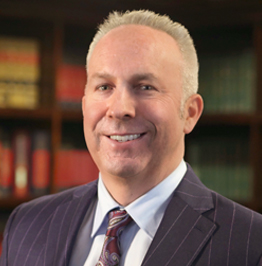What Is or Isn’t Considered Lewd Spdeech
Article by: Jeffrey L. Rehmeyer II
For decades, regulating student speech has been a challenging matter for school officials. Cases surrounding student speech often became very fact sensitive as the Courts have required in many cases that the speech be proven to be disruptive before it is prohibited.
The United States Third Circuit Court recently held that breast cancer awareness bracelets worn by middle school students showing the phrase “I <3 Boobies!” could not be categorically banned because they are “not plainly lewd and because they comment on a social issue.” In B.H. v. Easton A.S.D., two middle school girls were asked to remove the bracelets after a school-wide ban of items containing the word “boobie”. The school did not prove any actual disruption caused by the bracelets. The court found the school could not categorically ban the breast cancer awareness bracelets.
Now, there appears to be three major interpretations pertaining to school restriction of lewd speech. First, schools may restrict ambiguously lewd speech only if it is not plausibly interpreted as commenting on a social or political matter. Second, Schools may not restrict ambiguously lewd speech if it can also plausibly be interpreted as commenting on a social or political matter. Third, and finally, schools may restrict plainly lewd speech regardless of whether it may plausibly be interpreted as political or social commentary.
When considering whether to restrict speech that a school considers lewd, administrators should consider whether the speech is ambiguously lewd or plainly lewd. If the speech in question is plainly lewd then the school may categorically restrict it. However, if the speech is not plainly lewd the school must determine whether it may be plausibly interpreted as commentary on a social or political issue. If the speech may be plausibly interpreted as commenting on a social or political issue then the school may not categorically restrict it and must determine whether it substantially disrupts school operations. If it does not substantially disrupt school operations then it may not be categorically restricted.
Because the law in this area is complex and it must be interpreted in light of the current facts, school officials must give careful consideration to actions that might regulate school speech. If questions arise, please contact a member of the CGA Law Firm School Law Department, and we will certainly provide assistance.


